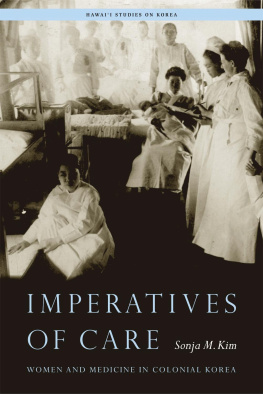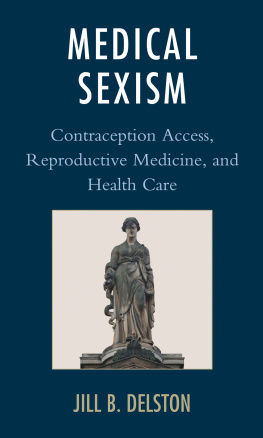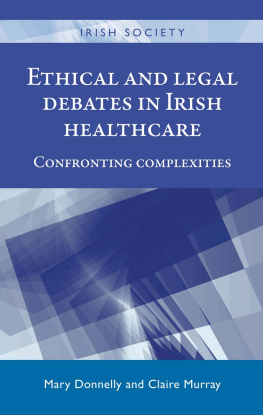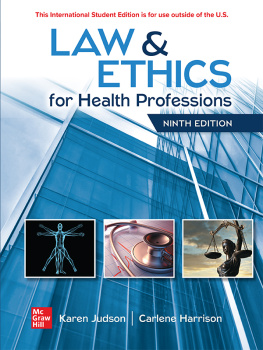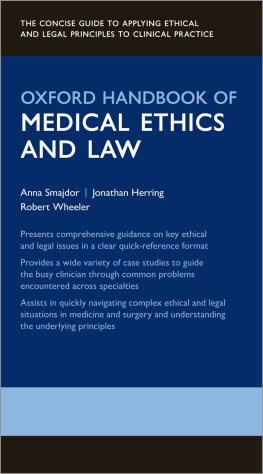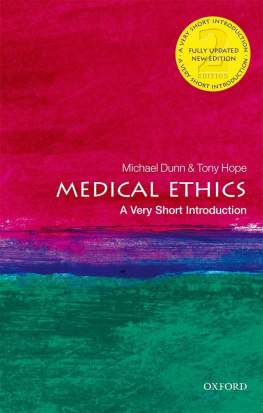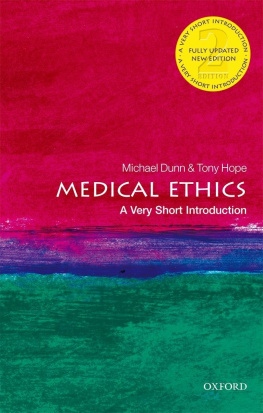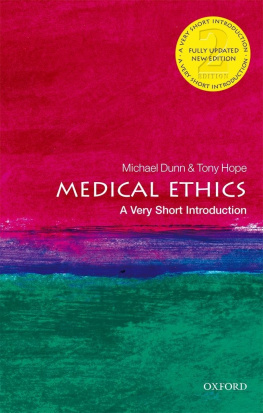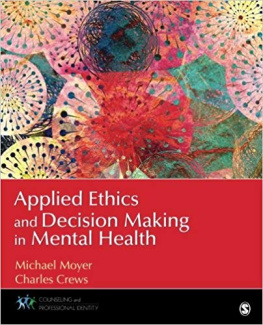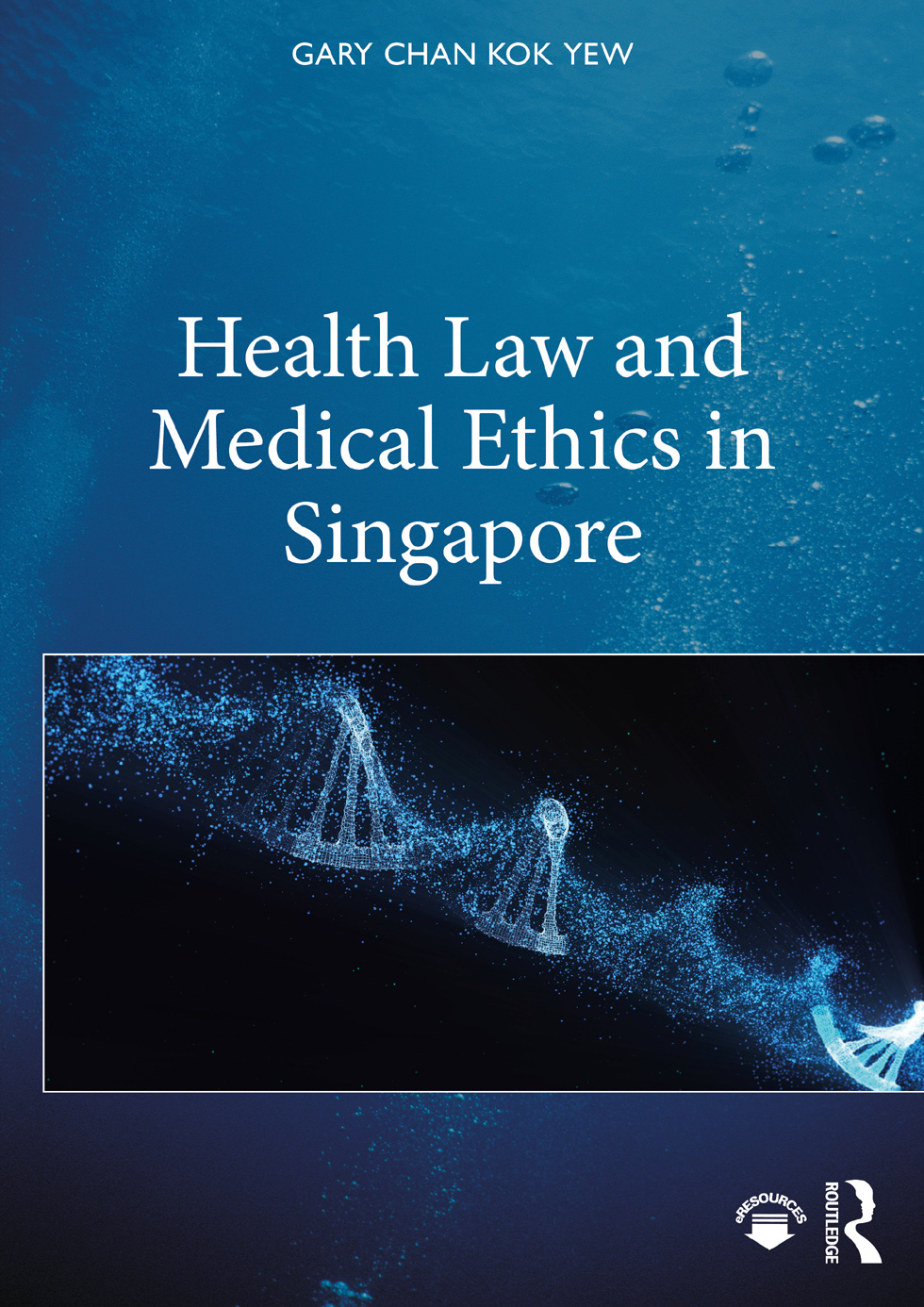
Health Law and Medical Ethics in Singapore
This book encompasses two inter-related disciplines of health law and medical ethics applicable to Singapore. Apart from Singapore legal materials, it draws upon relevant case precedents and statutory developments from other common law countries and incorporates recommendations and reports by health-related bodies, agencies and committees.
The book is written in an accessible manner suitable for tertiary students. It should also serve as a useful resource for medico-legal practitioners, academics and healthcare professionals who wish to keep abreast of the evolving legal and ethical developments concerning health and medicine.
Gary Chan Kok Yew is Professor of Law at Singapore Management University.
Prof Gary Chans Health Law and Medical Ethics in Singapore not only provides thorough, deft coverage of the major topics in health law and ethics, but uniquely does so with insight and detailed exposition from an Asian and particularly Singaporean perspective. Indeed, topics such as Confucianism and alternative and complementary medicine, not to mention laws such as Singapores landmark Human Biomedical Research Act, are given comprehensive examination alongside more traditional health law topics such as consent to treatment, confidentiality, reproduction, and medical negligence. This textbook makes for a most welcome addition to the field. Students and academics alike will benefit from its astute analysis and clear composition.
Edward S. Dove, Lecturer in Health Law and Regulation, Director of Ethics and Integrity, School of Law, University of Edinburgh
First published 2021
by Routledge
2 Park Square, Milton Park, Abingdon, Oxon OX14 4RN
and by Routledge
52 Vanderbilt Avenue, New York, NY 10017
Routledge is an imprint of the Taylor & Francis Group, an informa business
2021 Gary Chan Kok Yew
The right of Gary Chan Kok Yew to be identified as the author of this work has been asserted in accordance with sections 77 and 78 of the Copyright, Designs and Patents Act 1988.
All rights reserved. No part of this book may be reprinted or reproduced or utilised in any form or by any electronic, mechanical, or other means, now known or hereafter invented, including photocopying and recording, or in any information storage or retrieval system, without permission in writing from the publishers.
Trademark notice: Product or corporate names may be trademarks or registered trademarks, and are used only for identification and explanation without intent to infringe.
British Library Cataloguing-in-Publication Data
A catalogue record for this book is available from the British Library
Library of Congress Cataloging-in-Publication Data
A catalog record has been requested for this book
ISBN: 978-0-367-42880-8 (hbk)
ISBN: 978-0-367-42935-5 (pbk)
ISBN: 978-1-003-00022-8 (ebk)
Typeset in Interstate
by codeMantra
Visit the eResources: www.routledge.com/9780367429355
To my parents, wife and children
When the publishers approached me about writing a book, I was in the midst of working out the reading list and detailed syllabus of a course entitled Health Law and Medical Ethics. This module is offered as part of the Health Economics and Management major open to students at Singapore Management University. I was excited by the prospect of teaching the course and delivering the complex content in an accessible and methodical form to students. Health law and medical ethics represents an extension of my interests in both the law of torts and ethics subjects which I have taught and researched on for several years. In addition to torts (covering topics such as medical negligence, consent to treatment and privacy interests), health law also delves into criminal law, regulatory frameworks, medical disciplinary processes, data protection law and others. Furthermore, medical ethics offers rich resources in the field of applied ethics involving the philosophical examination of concepts such as personhood, autonomy, beneficence, sanctity and quality of life as well as the surveys and recommendations of expert committees and ethicists.
Another reason I had for writing this book was the lack of a single textbook focusing on the topics of health law and medical ethics in the Singapore context, which I would like to cover for the course. An authors choice of the precise topics may be influenced in part by personal interests and judgement. I thought that the book should, as far as possible, cover core issues impacting on modern healthcare systems such as in Singapore and be relevant to the work and challenges faced by medical practitioners, healthcare professionals and students interested in pursuing a career in the healthcare sector. In writing the book, I have benefited immensely from the many important local textbooks, monographs, journal publications, court judgements and expert recommendations and reports relating to specific aspects of health law and medical ethics some of which I have cited in this book.
To ease the reader into the substantive topics beginning from ). The substantive areas range from the more traditional general topics (medical negligence, confidentiality and consent to treatment) to the specific topics (reproduction, end of life, human tissues, organs and biological materials, and human biomedical research) to those less commonly found in medical law and ethics texts (mental health, complementary and alternative medicine, and technological innovations in healthcare).
I have learnt as much writing about health law and medical ethics as I have in teaching it. I thank the students for their ideas and interactions during and outside of the seminars. I am also grateful to fellow academics whom I have had the opportunity to share and discuss health law issues. Apart from tertiary students, I hope that this book will also be useful to members of the legal and healthcare professions and academics who are involved and/or interested in legal and ethical issues relating to health and medicine.
Gary Chan
July 2020
I would like to gratefully acknowledge the research assistance of Ms Rennie Whang Yixuan (JD graduate from Singapore Management University) as well as Mr Wan Ding Yao and Ms Brenda Khoo Yu Qing who are both LLB students from Singapore Management University, for specific chapters of the book. I also appreciate Mr Javier Han Zong Tao, who was my teaching assistant for the course on Health Law and Medical Ethics, for his ideas on various hypothetical issues relating to the course content. Finally, I would also like to thank Ms Lam Yong Ling, Ms Payal Bharti and Ms Samantha Phua and the production team at Routledge for their kind assistance and guidance throughout the publication process.
By global standards, Singapore has been performing well on certain key health barometers. Life expectancy has increased significantly over the last few decades standing at 85.7 and 81.4 years for females and males, respectively, as at 2019.
In the early years post independence, the focus was on public health programmes (such as proper sanitation procedures and control of infectious diseases through vaccinations against measles and polio). as parents are postponing giving birth and choosing to have fewer children.
This chapter gives an overview of the general state of the healthcare system in Singapore with a focus on health costs, insurance, medical education, training and research. This is followed by a range of health law and regulatory issues relating to the registration and supervision of healthcare professionals, the establishment and operations of medical clinics and hospitals, public health, health products and medical institutions and bodies in Singapore, the regulation of medical practitioners through the Singapore Medical Councils (SMC) disciplinary processes as well as civil and criminal law sanctions against errant medical practitioners.
Next page

